I'm gonna to read/write under the modbus-tcp specification. So, I'm trying to code the client and server in the linux environment. (I would communicate with the windows program(as a client) using the modbus-tcp.)
but it doesn't work as I want, so I ask you here.
- I'm testing the client code for linux as a client and the easymodbus as a server.
- I used the libmodbus code.
- I'd like to read coil(0x01) and write coil(0x05).
- When the code is executed using the libmodbus, 'ff' is printed out from the Unit ID part.(according to the manual, 01 should be output for modbus-tcp. I don't know why 'ff' is printed(photo attached).
Wrong result:

Expected result:

- '[00] [00] .... [00]' ; Do you know where to control this part?
- Do you have or do you know the sample code that implements the 'read/write' function using the libmodbus?
please let me know the information, if you know that.
ctx = modbus_new_tcp("192.168.0.99", 502);
modbus_set_debug(ctx, TRUE);
if (modbus_connect(ctx) == -1) {
fprintf(stderr, "Connection failed: %s\n",
modbus_strerror(errno));
modbus_free(ctx);
return -1;
}
tab_rq_bits = (uint8_t *) malloc(nb * sizeof(uint8_t));
memset(tab_rq_bits, 0, nb * sizeof(uint8_t));
tab_rp_bits = (uint8_t *) malloc(nb * sizeof(uint8_t));
memset(tab_rp_bits, 0, nb * sizeof(uint8_t));
nb_loop = nb_fail = 0;
/* WRITE BIT */
rc = modbus_write_bit(ctx, addr, tab_rq_bits[0]);
if (rc != 1) {
printf("ERROR modbus_write_bit (%d)\n", rc);
printf("Address = %d, value = %d\n", addr, tab_rq_bits[0]);
nb_fail++;
} else {
rc = modbus_read_bits(ctx, addr, 1, tab_rp_bits);
if (rc != 1 || tab_rq_bits[0] != tab_rp_bits[0]) {
printf("ERROR modbus_read_bits single (%d)\n", rc);
printf("address = %d\n", addr);
nb_fail++;
}
}
printf("Test: ");
if (nb_fail)
printf("%d FAILS\n", nb_fail);
else
printf("SUCCESS\n");
free(tab_rq_bits);
free(tab_rp_bits);
/* Close the connection */
modbus_close(ctx);
modbus_free(ctx);
return 0;